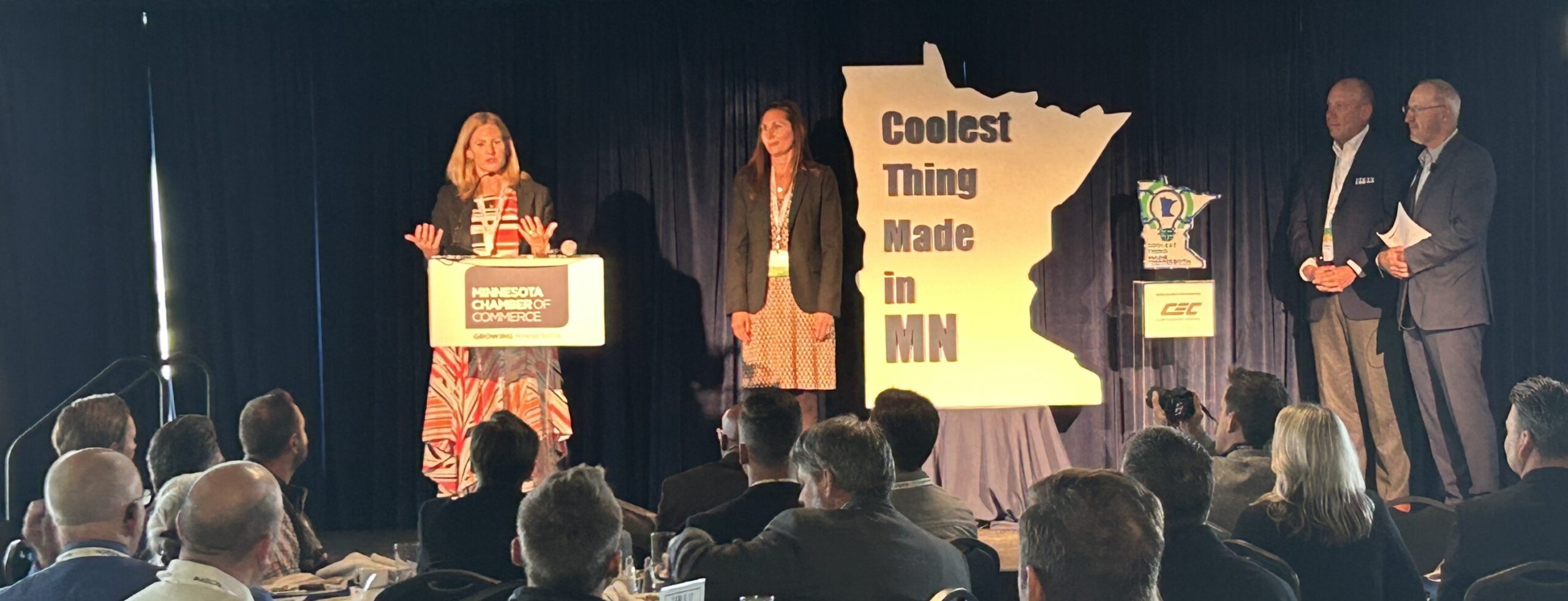As we near the end of an unparalleled year, we’re all reflecting on the choices made and lessons learned. This past year has taught us valuable lessons on everything from how and when to address social issues, understanding what buyers really want and finding ways to adapt quickly.
But did these changes actually impact the way that we approach content marketing?
It’s no surprise that content marketing proved to be a critical element for how brands communicated with their audiences in 2020. In fact, a recent study from HubSpot found that 70% of marketers are actively investing in content. But we all know that not all content is created equal.
To help make sense of the past year, we’ve tapped into the minds of top industry experts to help uncover the top make or break content marketing lessons from 2020.
A. Lee Judge

Co-Founder & CMO, Content Monsta
@ALeeJudge
Consistency. Content Marketing is the long-game and when companies fail to realize that, they fail to achieve the opportunity to recognize an ROI. We have to produce, test, evaluate, adjust mid-stream, and then produce more. Too many get stuck on the evaluation and fail to continue producing during the evaluation or stop producing altogether.
Ann Handley

Chief Content Officer & Co-Founder, MarketingProfs
@marketingprofs
COVID broke us all, in a way. But I also believe it underscored the critical role content plays in every single organization. And it reminded us that all of the capabilities and attributes of good content were never more needed than they have been in 2020. And by that, I mean honest empathy, clear communication, an ability to step inside the shoes (and socks) of your customers and see and respond to new realities from their point of view.
Stephani Simon

President, Inprela Communications
LinkedIn
We’re seeing many B2B companies double-down on thought leadership-based content marketing. The market is craving content with substance that is advancing meaningful dialogue on the innovation that’s needed to drive the future—how to modernize manufacturing and stay relevant and the future of health care delivery, of health insurance, of aging at home and elder care. Brands leading the dialogue are those who will be leading in growth. But success isn’t guaranteed. Brands must also modernize their content marketing programs and budget to support the robustness of thought leadership content.
Chris Penn

Co-Founder & Chief Data Scientist, Trust Insights
@cspenn
Gosh, there are so many things that have gone wrong in 2020, it’s difficult to choose just one.
What I’ve seen this year really challenged a lot of marketers is how fast things like search algorithms have changed to the point where a lot of marketers are operating with really out of date information about how search algorithms work about how social media algorithms work and how to take advantage of these tools to benefit their business. And as a result, they fall behind and don’t see a clear path forward.
There are so many marketers that don’t spend enough time studying and researching to understand all these different changes. If I had to sum it all up for what really broke marketers in 2020, it was the inability to keep up with change, change as 2020 has been defined by change. If nothing else, and that pace is not going to slow down.
Ashley Zeckman

Senior Director, Inprela
@azeckman
2020, what a ride this has been! Even before the onset of the pandemic, buyers were losing trust in brands. And the actions that brands took at the beginning of the pandemic had a significant impact on their success (or lack thereof) over the year. Now more than ever, consumers and business buyers craved an authentic experience. Those brands that performed best did not just provide marketing messaging on topics like the pandemic or civil unrest; they truly made inclusivity, diversity and safety a focus for their business.
Additionally, brands that identified and partnered with industry experts injected further authenticity into their marketing.
Ardath Albee

CEO & B2B Marketing Strategist, Marketing Interactions
@ardath421
In a year like this, the most important thing marketers need to do is recalibrate their buyer personas – or their understanding of buyers if they don’t use personas. Needs, expectations, and risk perceptions have changed dramatically. But many haven’t taken the time. They may have adjusted their messaging, but they’ve done so based on what they think internally more so than taking the time and making an effort to talk to and understand their buyers.
And this also goes to what marketers know to be true for their customers. The biggest thing the pandemic has done is shone a light on the failure of marketing to focus strategically beyond top of the funnel. Only a handful even create content for post-sale engagement. At a time when account retention and expansion are the most significant opportunities for a lot of companies, this gap needs to be closed. And it’s essential for them to realize that this conversation is much different than the acquisition conversation.
Sara Payne

Vice President, Inprela Communications
LinkedIn
Adaptability has perhaps never been more imperative in content marketing than this year. The Covid-19 pandemic and George Floyd’s death have elevated important conversations around public health and racial injustices. People are looking for brands to step up, speak out and show leadership. Those who quickly recognize the significance of the moment, modify their messaging, and lean into new thought leadership opportunities are the brands that will come out ahead. Longer-term, brands will be best served if they build their content plans and editorial calendars in agile 8-10-week sprints that enable them to adapt the message and the conversation for real-time relevance.
Michael Brenner

CEO, Marketing Insider Group
@BrennerMichael
1) Marketers lost the ability to sponsor most of the in-person events and while many events went virtual, the sponsorship costs were not the same,
2) Many larger brands pulled back on advertising as it just doesn’t seem right to be blindly promoting products and services in a pandemic, and
3) Many marketers understand the value of building their online presence through strategic content marketing and measures by organic search, social engagement, online leads, sales or e-commerce.
Reflecting on lessons learned
Thank you to all of our experts for sharing your insights into the top content marketing lessons from 2020! These lessons are sure to impact how we approach content marketing in the years to come.
We’re curious to know, what were the most important content marketing lessons you’ve learned in the past year? And how will these lessons change how you approach content marketing in the future?



